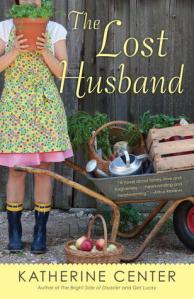Eliza Hayward and her five-year-old daughter Maddie have arrived in Haven Point, Idaho, eager to start a new life. After three years of pain and loss following the death of her husband, Trent, Eliza was thrilled to be offered a hotel management position at the Lake Haven Inn.
But sadly, upon her arrival, Eliza is greeted by the burned out ashes of the inn…lost in a fire only a short time before. The owner, Megan Hamilton, can offer a small severance, but that is it.
While Eliza and her daughter are walking in town to find a diner, Maddie runs into the street, and when Eliza pushes her out of the way, she herself is struck by an out-of-control SUV. Her injuries are not serious—a concussion and some bumps and bruises—but Aidan Caine, the owner of the car, had hit a patch of ice and couldn’t stop, so it wasn’t really his fault. However, he takes her under his wing and soon she is hired to run Snow Angel Cove, the inn he is getting ready for a Christmas visit from his large family, arriving soon from Hope’s Crossing in Colorado. But it will be a short-term position.
Naturally, the story will turn into one in which a rich man helps the poor young woman get on her feet again, using his own responsibility for the accident as a way to sell his plan to Eliza. He also happens to be falling in love with her, apparently, as well as with her young daughter Maddie…who has a defective heart.
Could a story be more heartwarming? Especially during the holidays? Eliza, of course, fights the feelings she is developing, telling herself she and Maddie will soon be on their way again—after Christmas.
Would this fairytale story have a happy ending? Or would the barriers between Aidan and Eliza be too great? Would it be a Christmas to remember?
I liked the story, which was a bit predictable, but it was just what I needed after the thriller I just read. I couldn’t help but root for Eliza and Maddie, and had hopes that Aidan would do something great for the townspeople, who are standoffish with him because he seemingly bought up half the town and then hadn’t done anything except renovate his inn. And, of course, I hoped that he and Eliza would give us that HEA ending. 4 stars.










